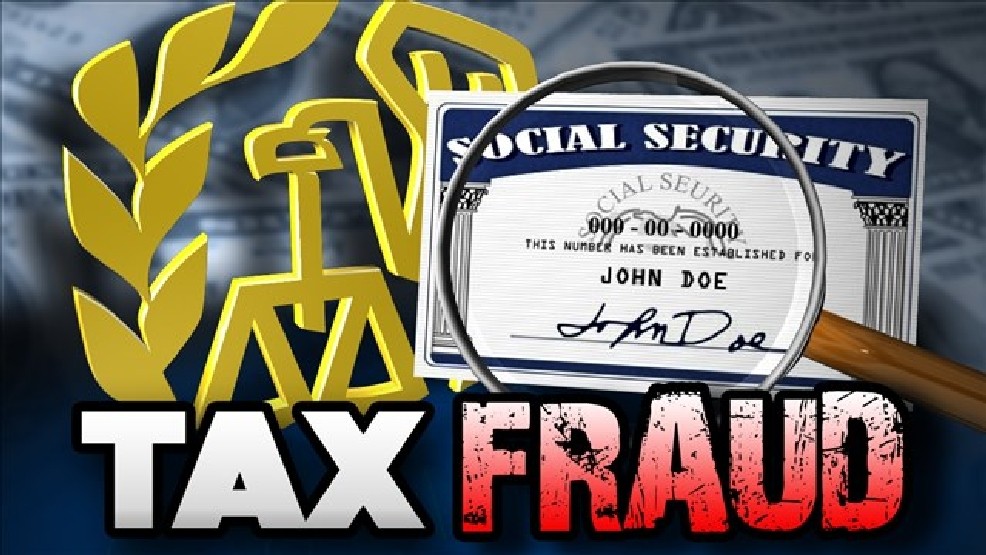
03
Apr
Apr
The Top Tax Scams to Watch Out For
Tax Day is fast approaching. There are only a few weeks left to file returns before April 15. But in the rush to file your taxes, be sure you don’t fall victim to a tax scam. The Internal Revenue service released its annual “Dirty dozen” list of the most common and hurtful tax scams for 2019. The list highlights the wide variety of ways that scammers take advantage of unsuspecting people.
Here’s the list of Dirty Dozen tax scams:
- Phishing: A common method of stealing personal information through email is also used by tax cheats. The IRS says it will never initiate conversations with taxpayers about their bill or refund over email.
- Phone Scams: Scammers will impersonate IRS agents over the phone and threaten taxpayers with arrest, deportation, loss of driver’s license and other things in order to trick them into giving up personal information.
- Identity Theft: Tax returns carry an enormous amount of personal information that criminals can use to commit all sorts of crimes. Be careful with your returns, even ones from several years ago.
- Return Preparer Fraud: Most tax preparers are honest and certified. But there are some people who act as legitimate tax professionals in order to gain access to people’s personal information or steal their returns.
- Inflated Refund Claims: Tax preparers who promise to get a huge refund that no one else can get shouldn’t be trusted. Never sign a blank return or agree to pay fees based on a percentage of your refund.
- Falsifying Income to Claim Credits: It can be tempting to round up on your income to get into the range of a certain tax credits, especially with someone who seems to be a professional encouraging you to do so. If you get caught you are legally responsible and can face major penalties.
- Falsely Padding Deductions: A similar mistake is overinflating deductions or expenses to lower your bill or increase your return. There are many ways to offset your expenditures and save on your tax bill, but the claims should be legitimate.
- Fake Charities: With charitable donations being deductible, scammers will pose as fake charities to pull in last-minute contributions during tax time. Be especially wary of groups with names that sound like well-known charities. All charities must register with the IRS.
- Excessive Claims for Business Credits: Improper claims to gain credits like the fuel tax credit or research credit can lead to major penalties for you and your business.
- Offshore Tax Avoidance: Hiding money offshore to avoid paying taxes is illegal. Recent leaks like the Panama Papers have led to increased enforcement against tax shelters.
- Frivolous Tax Arguments: Promoters of these scheme encourage taxpayers to make wild claims about the legality of taxes, saying that they’ll soon be abolished so you don’t have to file a return. These arguments have all gone down in court.
- Abusive Tax Shelters: Complex tax structures like trusts and easements are sometimes used to get out of paying taxes. They make the flow of money hard to follow and allow income to be hidden inside shell companies or international accounts. Anyone offering access to these schemes is probably lying.
5




